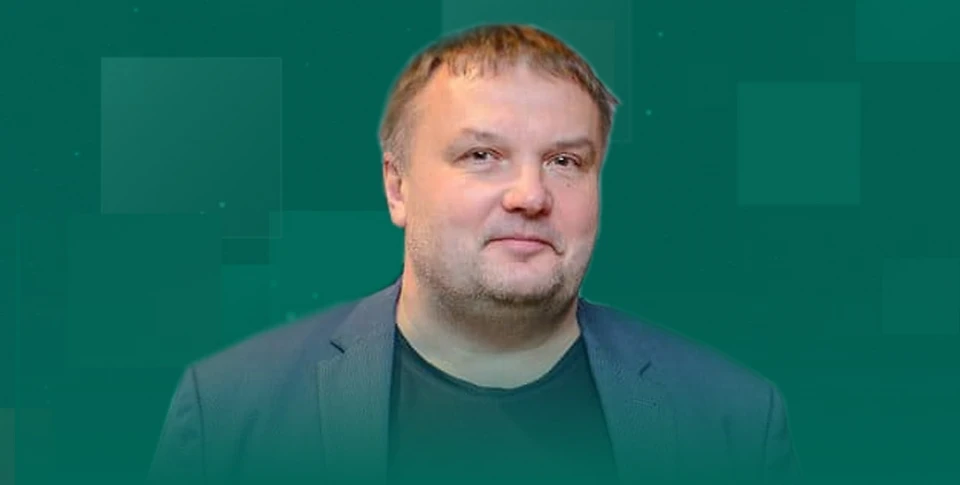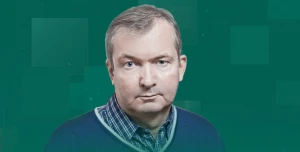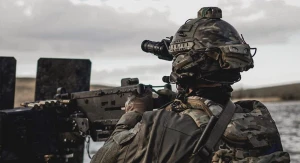
State model as group of fan clubs is dangerous
Recently, Ukrainian society has been talking a lot about reconstruction plans, the fight against corruption, and economic models for the future
It seems to me that in addition to their largely unsystematic nature, these solutions face a deeper, more fundamental problem: they lack a strong correlation with the realities on the ground. Many of the proposed solutions present "ideal answers" suited for a vacuum, as if there were no pre-existing social agreements, fears, or a history of past mistakes to contend with.
I have identified three, in my opinion, key social problems that we will have to face (or rather, we are already living with these problems). And without attempts to solve these problems, all of Marshall's plans will have no chance of success. I should also note that I am deliberately avoiding the subject of military threats, which are of course foundational, but war is a topic for military experts to address.
So, what are these problems?
1. The fragmentation of society and the complete breakdown of dialogue between socio-political groups. A growing trend towards societal division.
Before the war, Ukraine's fundamental issue was the disconnect between individuals and the state. While Ukrainians had formed a political nation, as demonstrated on February 24, 2022, the state remained both cherished and "distant" to them. However, in the early months of the war, there was a complete unification of individuals with the state.
Currently, large segments of society are being encapsulated around certain leaders (ideas). And each of these capsules is belligerent towards each other.
Today, according to various sociological surveys, 7-8 political forces have either surpassed or are close to surpassing the 5% threshold. From the perspective of fostering an ostensible democratic process, this may appear positive. However, we are witnessing a growing fragmentation of society, with large groups becoming encapsulated and often hostile toward one another. Unlike in 2004 or 2013, the country is no longer divided into two irreconcilable camps but into 5-7 camps, with a tendency for further micro-fragmentation. Moreover, each of these camps is increasingly adopting, either openly or covertly, the notion that "the state is me."
2. Lack of dialog between elites on creating common rules of the game. This creates a situation in which the elites do not need a picture of the future to solve political (electoral) problems.
Our politics has long since (since 2004) turned into a fan party, where the basis of the political process is faith in a political leader and hatred of others, based on the belief that there is simply no truth outside the ideas of their party. The narrowing of political support for most Actors forces them and their adherents not to seek dialogue, but rather to more aggressively defend their space, which, again, tends to be narrower.
All the most difficult decisions and reforms succeed only where there is an elite pact to abide by certain rules of the game. Laws are important here, but secondary to the elite pact, which does or does not provide for compliance with these very laws. The current situation exacerbates the issue of this very pact, because so far we do not see even hints that such a pact will be initiated or even supported by anyone. The political system created since the late 90s has reached its collapse in terms of productivity and creating a picture of the future. It does not even need this picture. It is enough to simply fetishize certain details, often taken out of context. And continue to exploit these fetishes.
At the same time, the conflict within society becomes both horizontal - between different bubbles - and vertical, when representatives of lower classes sincerely hate representatives of upper classes from hostile bubbles.
In fact, it is a kind of war of all against all. It is still relatively latent, but with the end of the war, it has every chance of moving into an open phase.
3. Self-censorship under the influence of fear of abstraction is gradually causing a loss of creative initiative at all levels.
Over the two and a half years of war, a communication system has developed within society, characterized by various forms of self-imposed information restrictions adopted by a portion of the population and most of the media. I am not inclined to criticize the TV marathon, as I believe it has played and continues to play an important role for a segment of society. In the Internet age, only a relatively small portion of the poorest demographic lacks access to alternative sources of information. However, a different issue has emerged: a tendency toward excessive self-censorship, which, at times, becomes more alarming than formal censorship. I'm not referring solely to the necessary restrictions imposed during wartime but to the deliberate self-censorship practiced by many, who understand that expressing an opinion no longer leads to discussion, but rather to a form of punishment aimed at morally discrediting those with differing viewpoints. This, in turn, not only causes many to retreat into their inner worlds but also stifles creative initiative at various levels. Each socio-political bubble fiercely guards its own space, preventing competitors from entering it, while the introduction of alternative perspectives is strictly forbidden.
All three of these points can be reduced to one denominator: the lack of dialog in society. This is not a recent development. As I’ve noted, the model of "the state as a group of fan clubs" began to take shape with the elections of 2002-2004, and it has now escalated to a dangerous level, especially in the context of the war. The key point to understand is that this model is inherently destructive. The absence of legal and conceptual frameworks, combined with the dominance of short-sighted, fanatical expediency, leads to a path of self-destruction.
What is the way out of the situation? Finding compromises and common ground. Without a very difficult dialog between the elites, there is no chance of a real economic breakthrough after the war is over. Yes, it is still too early to talk about the end of the war. But then it may be too late to talk about the beginning of a dialog.
About the author: Vadym Denysenko, political scientist.
The editors don't always share the opinions expressed by the blog authors.
- News













































